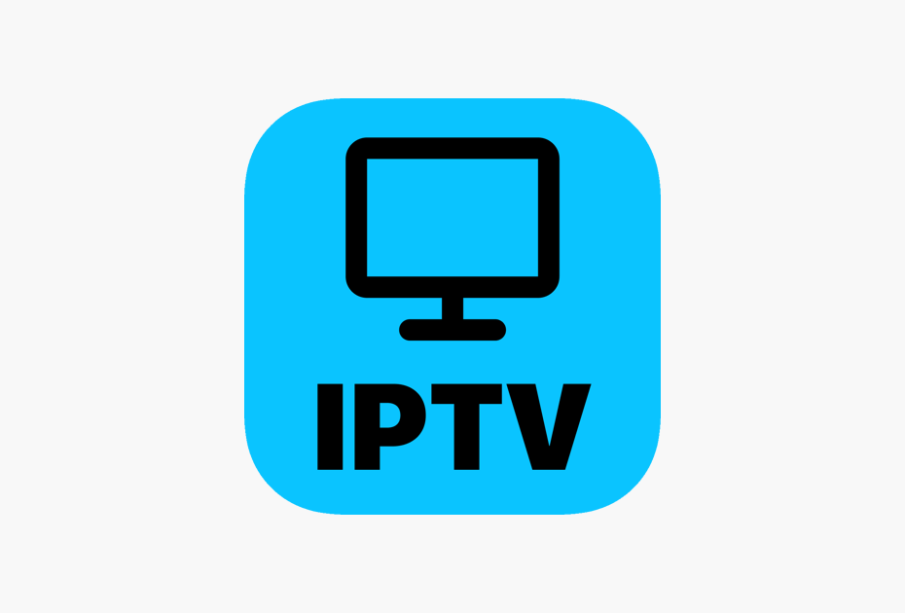The Rise of IPTV Services in the UK

Introduction to IPTV
Internet Protocol Television (IPTV) has significantly transformed how audiences consume television content, gaining traction as a preferred alternative to traditional cable and satellite services. The importance of IPTV lies in its ability to deliver a wide range of channels and on-demand content over the internet, providing flexibility and convenience for viewers. As more people in the UK embrace digital streaming, understanding IPTV becomes increasingly relevant.
What is IPTV?
IPTV refers to the streaming of television programming through internet protocols instead of traditional broadcast methods. This technology allows users to watch live TV, on-demand shows, and even catch-up services using various devices connected to the internet, such as smart TVs, tablets, and smartphones. With the explosion of online streaming services, IPTV has emerged as a key player in the media landscape, offering consumers a diverse array of channels and content.
Current Trends in the IPTV Market
Recent statistics indicate a substantial growth in the IPTV market, with projections estimating that the global OTT (Over-the-Top) IPTV services will surpass £100 billion by 2025. In the UK, services like NOW TV, Virgin Media, and BT TV have embraced IPTV technologies, expanding their offerings to attract viewers looking for high-quality content without being tied to traditional cable subscriptions. Additionally, the COVID-19 pandemic played a significant role in accelerating the shift toward online content consumption, with many households exploring international content and niche channels that IPTV platforms often provide.
Advantages of IPTV
One of the primary advantages of IPTV is the ability to stream content on demand, giving viewers the freedom to watch shows and movies at their convenience. IPTV services also typically offer a richer user experience with features like cloud DVR, enabling users to record content and access it later. Furthermore, IPTV can reduce costs associated with traditional cable subscriptions, making it a more economical option for many households. The flexibility to access content across various devices adds to its appeal, especially among younger demographics.
Challenges Facing IPTV Providers
Despite its advantages, IPTV also faces challenges. Piracy and the sharing of illegal IPTV services pose significant issues for providers and content creators alike. Regulatory hurdles can hinder the growth of legitimate IPTV services, as providers must navigate complex licensing agreements and regional restrictions. Moreover, ensuring stable internet connectivity is crucial, as poor broadband access can affect the quality of streaming.
Conclusion
The future of IPTV in the UK looks promising, as consumers increasingly favour flexible, on-demand viewing options. With continued advancements in technology and the expansion of high-speed internet access, IPTV services are likely to become an integral part of daily entertainment for many. As the market evolves, providing users with more diverse content, a better user experience, and tighter regulations on content rights will be crucial in shaping the IPTV landscape for years to come.









